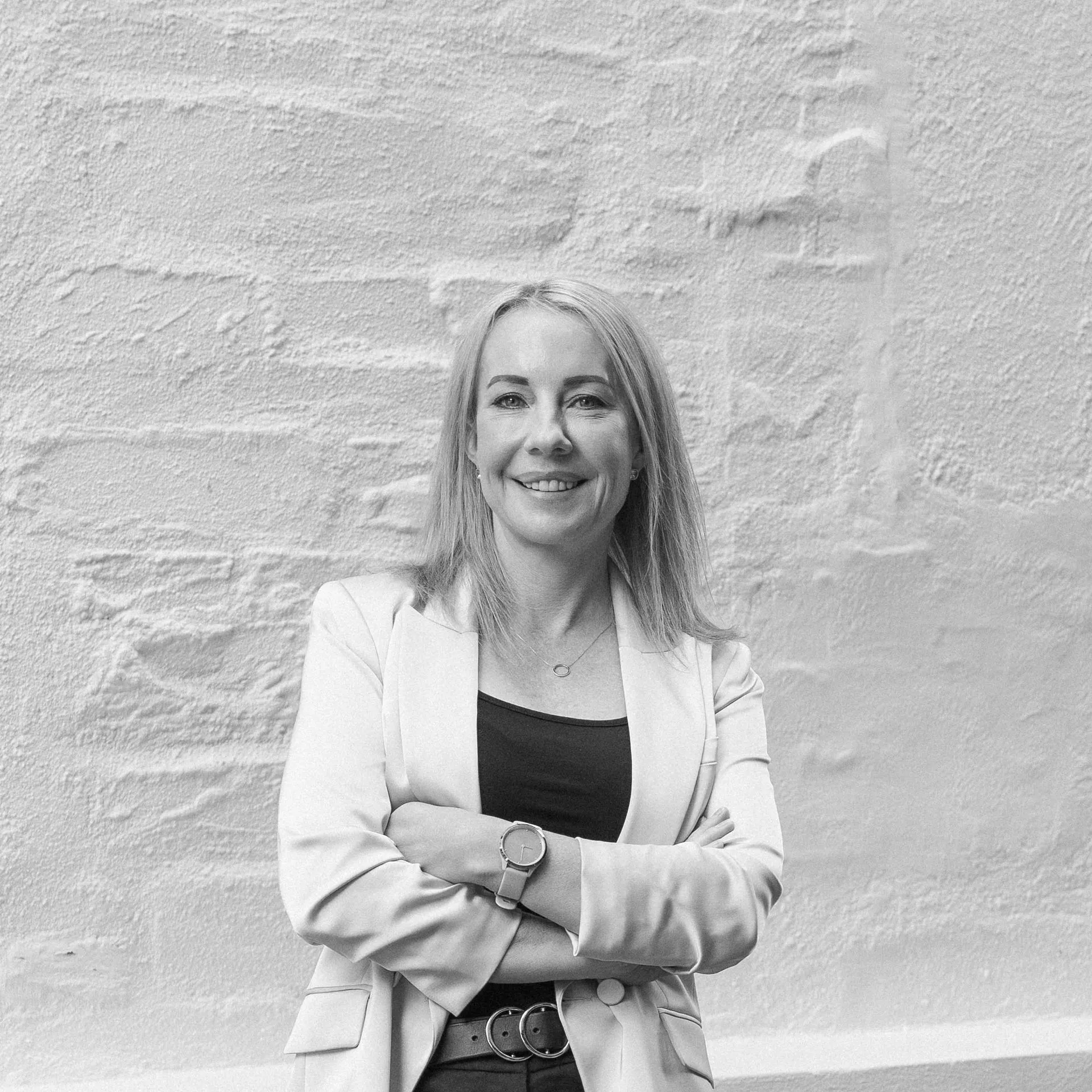With over a year since the introduction of South Australia’s Psychosocial Hazards Code of Practice, it’s a good time to reflect on what it truly means to create a safe and healthy workplace. Introduced on Christmas Day 2023, the Code set a clear expectation for businesses to identify and manage psychosocial risks—stressors such as bullying, sexual harassment, high and low job demands, inadequate reward and recognition and poor support that can significantly impact employees’ well-being.
But workplace safety isn’t just about compliance. It’s about fostering environments where people feel respected, valued, supported, and able to do their best work without fear or undue stress.
The Consequences of Inaction
A recent case in Victoria highlights the real-world impact of failing to address psychosocial hazards. A company director is now facing multiple charges under workplace safety laws for neglecting their duty of care—allegations that include bullying, sexual harassment, and gendered violence against a female employee.
This situation is a stark reminder that ignoring workplace risks doesn’t just lead to legal trouble; it affects lives. Employees who experience workplace harm often suffer lasting emotional, psychological, and even physical consequences. The ripple effects extend beyond the individual—teams become fractured, morale declines, and businesses face reputational damage that can be difficult to repair.
The Power of Proactive Action
Taking steps to address psychosocial risks before they escalate isn’t just the right thing to do—it’s also an investment in a stronger, more productive workplace. One of our clients recently saw the benefits of this approach firsthand when they were selected for a random audit. Initially uncertain about the process, they soon realised their commitment to psychosocial safety had positioned them well.
By having structured processes in place—such as regular risk assessments, clear reporting pathways, and proactive interventions—they turned what could have been a stressful experience into an opportunity to reinforce their culture of care and accountability.
Why a Strong Approach Matters
Psychosocial risks don’t resolve themselves. Left unchecked, they can lead to disengaged employees, higher turnover, and workplace conflict. More importantly, they can cause real harm. That’s why proactive measures—like conducting workplace assessments, implementing support structures, and fostering open conversations—are essential.
A well-managed workplace isn’t just one that avoids penalties; it’s one where people feel safe, valued, and supported. When businesses prioritise mental and emotional well-being alongside physical safety, they build environments where employees can thrive.
Moving Forward Together
With clear guidelines in place, now is the perfect time for businesses to assess their workplace practices and make meaningful improvements. This isn’t just about meeting obligations—it’s an opportunity to lead by example and contribute to a broader culture of workplace safety and respect.
By taking action today, we can help ensure that every workplace is one where people feel secure, heard, and empowered to do their best work.

